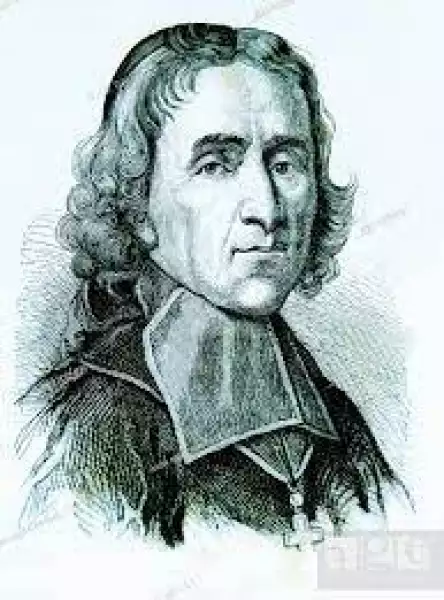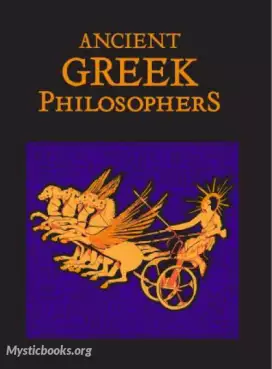
Timeline
Title
Country/Nationality
Francois Fenelon
François de Salignac de la Mothe-Fénelon more commonly known as François Fénelon was a French Catholic archbishop, theologian, poet and writer. Today, he is remembered mostly as the author of The Adventures of Telemachus, first published in 1699.
Fénelon was born on 6 August 1651 at the Château de Fénelon, in Sainte-Mondane, Périgord, Aquitaine, in the Dordogne river valley, the second of the three children of Pons de Salignac, Comte de La Mothe-Fénelon by his wife Louise de La Cropte. Reduced to the status of impecunious old nobility by François' time, the La Mothe-Fénelons had produced leaders in both Church and state. His uncle Francois currently served as bishop of nearby Sarlat, a see in which fifteen generations of the Fénelon family had filled the episcopal chair. "In fact, so many members of the family occupied the position that it had begun to be considered as practically a familial apanage to which the Salignac-Fénelon had a right as seigneurs of the locality"
As Archbishop of Cambrai, Fénelon spent most of his time in the archiepiscopal palace, but also spent several months of each year visiting churches and other institutions within his archdiocese. He preached in his cathedral on festival days, and took an especial interest in seminary training and in examining candidates for the priesthood prior to their ordination.
During the War of the Spanish Succession, Spanish troops encamped in his archdiocese (an area France had only recently captured from Spain), but they never interfered with the exercise of his archiepiscopal duties. Warfare, however, produced refugees, and Fénelon opened his palace to refugees fleeing the ongoing conflict.
For Fénelon all wars were civil wars. Humanity was a single society and all wars within it the greatest evil, for he argued that one's obligation to mankind as a whole was always greater than what was owed to one's particular country.
During these latter years, Fénelon wrote a series of anti-Jansenist works. The impetus was the publication of the Cas de Conscience, which revived the old Jansenist distinction between questions of law and questions of fact, and argued that though the church had the right to condemn certain opinions as heretical, it did not have the right to oblige one to believe that these opinions were actually contained in Cornelius Jansen's Augustinus. The treatises, sermons, and pastoral letters Fénelon wrote in response occupy seven volumes in his collected works. Fénelon particularly condemned Pasquier Quesnel's Réflexions morales sur le Nouveau Testament. His writings contributed to the tide of scholarly opinion which led to Pope Clement XI's 1713 bull Unigenitus, condemning Quesnel's opinions.
Although confined to the Cambrai archdiocese in his later years, Fénelon continued to act as a spiritual director for Mme de Maintenon, as well as the ducs de de Chevreuse and de Beauvilliers, the duke of Burgundy, and other prominent individuals.
Fénelon's later years were blighted by the deaths of many of his close friends. Shortly before his death, he asked Louis XIV to replace him with a man opposed to Jansenism and loyal to the Sulpician order. He died on 7 January 1715.
Books by Francois Fenelon

The Lives of the Ancient Philosophers
François Fénelon became a priest in 1675, Archbishop of Paris in 1679, was spiritual advisor to Madame Guyon, and was appointed tutor to Louis, Duke of Burgundy (1682-1712) by Louis XIV in 1689. He wrote Dialogues of the Dead, and The Lives of the An...

Aventuras de Telemaco
The Adventures of Telemachus is a novel by François Fénelon, published in 1699. It is an epic tale that follows the adventures of Telemachus, the son of Odysseus, as he searches for his father. Along the way, Telemachus learns valuable lessons about...